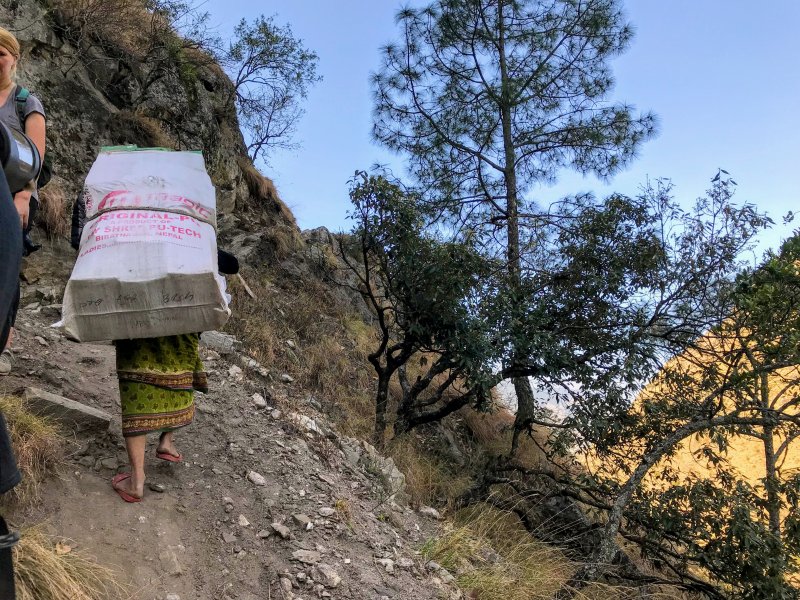Kalikot Takeover - Part 3 of 3
Friday, April 20, 2018

By Julia Molinaro, Communications Director
One morning we woke up to the sound of metal crashing. I went downstairs and saw two young boys standing outside of Tope’s house. One of them was banging two plates together and the other one was holding out a backpack. Tope whispered to me that these two boys were begging for food. He explained that the boys were from one of the lower castes and since it was a festival that day, families of higher castes had made special food and had enough to give some away.

The caste system is especially prevalent in rural Nepal. Families of the same caste live in the same area, do similar types of work, and marry people from the same caste. It puts a strong barrier on upward movement and equality in villages like Oda. One day, I asked Tope what he was most proud of about Kopila Valley and he responded that “we give love and learning to people in Nepal regardless of their caste. All of the kids from different castes are living and learning together.”

We left Oda a different way then we came in to reach the road. It was a two-hour walk, and as we followed Tope’s wife Kusum through the hills we passed countless women, children, and donkeys carrying heavy loads back to Oda and surrounding villages. It showed us just how important roads are in bringing people the resources are needed for healthcare, education, and development. Can you imagine what it would be like to carry every resource you have in your life to your home by foot? I can’t.

Chris, Franny, and I returned back to Surkhet with hearts full of these sweet smiles. Back at Kopila, we hugged the kids a little bit tighter, feeling extra grateful for the roads connecting us to other places, food on our plates, sturdy house, and this big family of 50 kids. Thank you for following our journey to Kalikot and back this week!